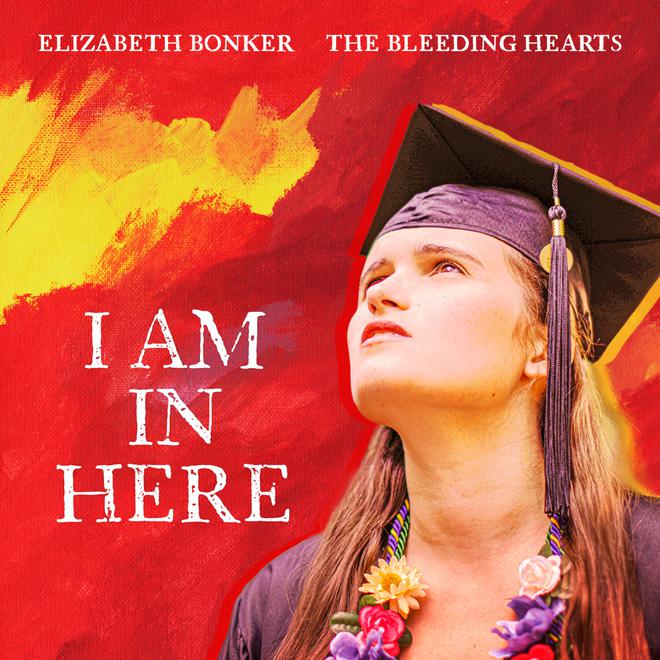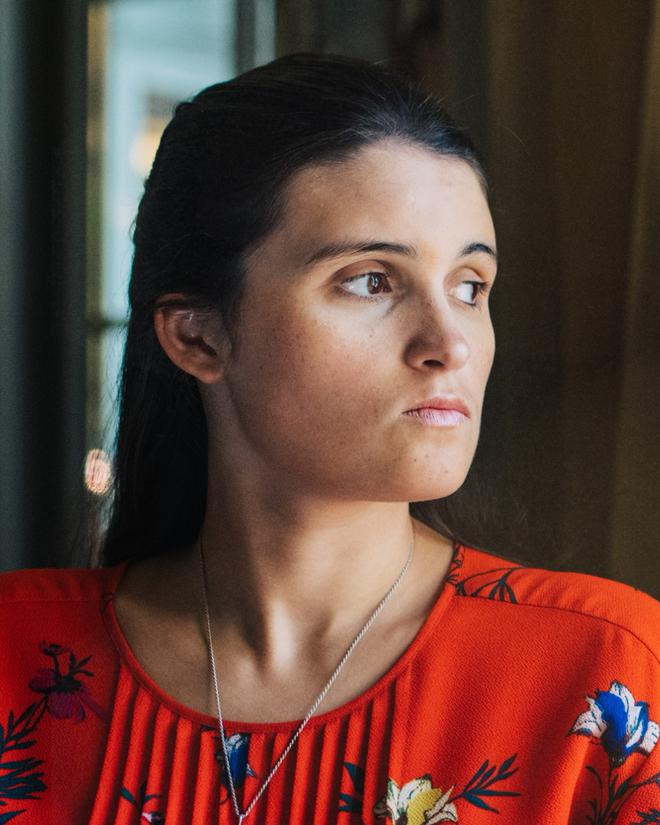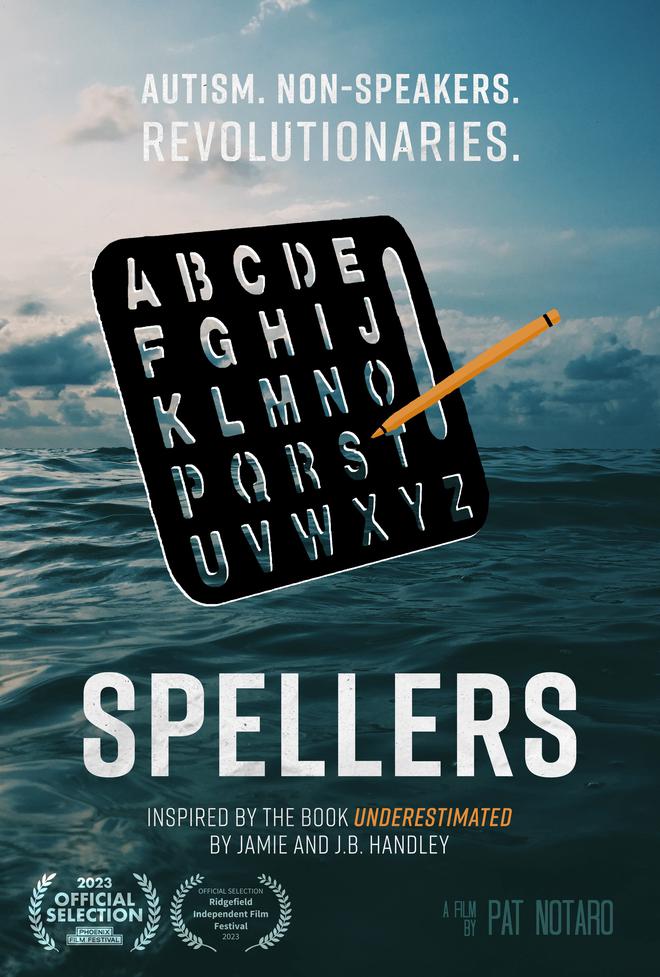
“I love to swim, especially in the ocean. The waves calm me,” writes out Elizabeth Bonker. We are conversing over Zoom chat since she is autistic, and as she is typing out her replies, her mother Virginia, (Ginnie) Breen and I talk about their upcoming visit to India.
Elizabeth who lives in Florida has been invited to speak at the India Inclusion Summit 2023 scheduled to take place in Bengaluru. “I hope to travel where there are nonspeakers and connect with organisations that want to help them,” she writes.
Since most autistic people are unable to converse verbally, most of the time, no attempts are made in their initial years to help them communicate in any other fashion and they are left behind. This is sadly true in many parts of world, including America, says Ginnie.
When she was six, Elizabeth learned to type and spell out words. As a result, she was able to attend a regular school and went on to give the valedictory speech for her class when she graduated in 2022.
“I am one of the lucky few nonspeakers who was taught to type when I was five years old. A courageous Indian woman named Soma Mukhopadhyay had taught her nonspeaking son to communicate by pointing to letters and she taught me as well. My parents then fought for my right to attend mainstream classes at my local school and with the assistance of an aide, I was able to graduate and attend college.”

Elizabeth says she was diagnosed with autism when she was around 15 months old. “Despite what the doctors said, my parents never gave up on me. They recognized that I was a thinking person trapped in a silent cage.”
While still an undergraduate, Elizabeth founded Communication 4 All (C4A), a nonprofit which aims to “build awareness and take action to help non-speakers with autism access education and communication help,” says her website.
Elizabeth was chosen by her peers to give the valedictory speech when they graduated from college last year. “Valedictorians are chosen based on their grade point average and though all five of us had As, my fellow valedictorians selected me to give the commencement address. They knew of my advocacy work and believed I had something to tell the world.”
Her valedictorian commencement address told in the context of the college’s motto “Life is for Service,” went viral with over a million hits (and counting).
“As a nonspeaker with autism, I still find it ironic that my life is filled with public “speaking.” For more than a decade, I have used my “voice” to tell the world that nonspeakers have a motor disorder, not a cognitive one. We cannot get words out of our mouths, but we can hear, think, and feel like everyone else.”
“Nonspeakers are called low functioning and not taught to type. We want to change that with the C4A Academy,” she types, adding, “I cannot write well due to my motor disorder. We are launching our global initiative, C4A Academy on December 1, 2023, and the audience at the India Inclusion Summit will get a sneak peek at what we are doing.”
While Communication 4 ALL is the nonprofit Elizabeth created to carry out her mission to ensure all nonspeakers with autism have access to communication and education, the C4A Academy is a program of internet-based instructional videos to teach typing to nonspeakers anywhere, free of charge.

Elizabeth says the Academy is focused on families without access to private instruction. “We are thrilled to be working with local partners, including the All Inclusive Foundation in Bangalore, to use C4A Academy to teach nonspeakers how to type. The dream I expressed in my commencement address is coming true: Communication 4 ALL.”
“The blind have Braille and the deaf have sign language. Now is the time for the world to embrace nonspeakers who type to communicate. There are a group of typers in India who are showing what is possible and I highly recommend their book Talking Fingers. Their writings will give you an insight into our world,” she says.
“My life is dedicated to releasing more than 30 million nonspeakers from their silent cage. The academy will save souls from suffering in silence,” types Elizabeth, the poet in her coming to the fore.
“I have been invited to “speak” at many conferences including the United Nations, Neurodiversity in Business in London, and Stanford University’s Neurodiversity Summit. I believe we are at a critical moment in Disability Rights history. There are now thousands of typers around the world, dozens of whom are college graduates.”
Despite her obvious challenges, Elizabeth has authored a book and written the lyrics for a 10-song album, in collaboration with The Bleeding Hearts, a Boston-based band which wrote and performed the music. She has used both words and music to express how the autistic are aware and capable; they and their caregivers just need the right guidance to help channel their potential. She was also part of the documentary film SPELLERS (see box).

“In 2011, I wrote a book, I Am in Here, with my mother to try to reach families and give them hope that their nonspeaking child was “in there.” This trip to India is so important to me and my mission; we believe that there are as many as 10 million nonspeakers with autism in India and we want every family to have the tools they need to teach their nonspeaker to type. With communication, we can be educated and live happy and meaningful lives.
For more details of Elizabeth’s mission visit www.communication4ALL.org
Elizabeth will be speaking at the India Inclusion Summit on November 4 and will be meeting members of the autism community in Bengaluru till November 7.
There will also be screening of the movie SPELLERS at Prestige Meridian on MG Road. To attend the screening, register at: https://docs.google.com/forms/d/e/1FAIpQLSfH-B-BDSORN8sxsXUd09gSiw3u27sscVGCwf4xXWNCtv_pnQ/viewform






